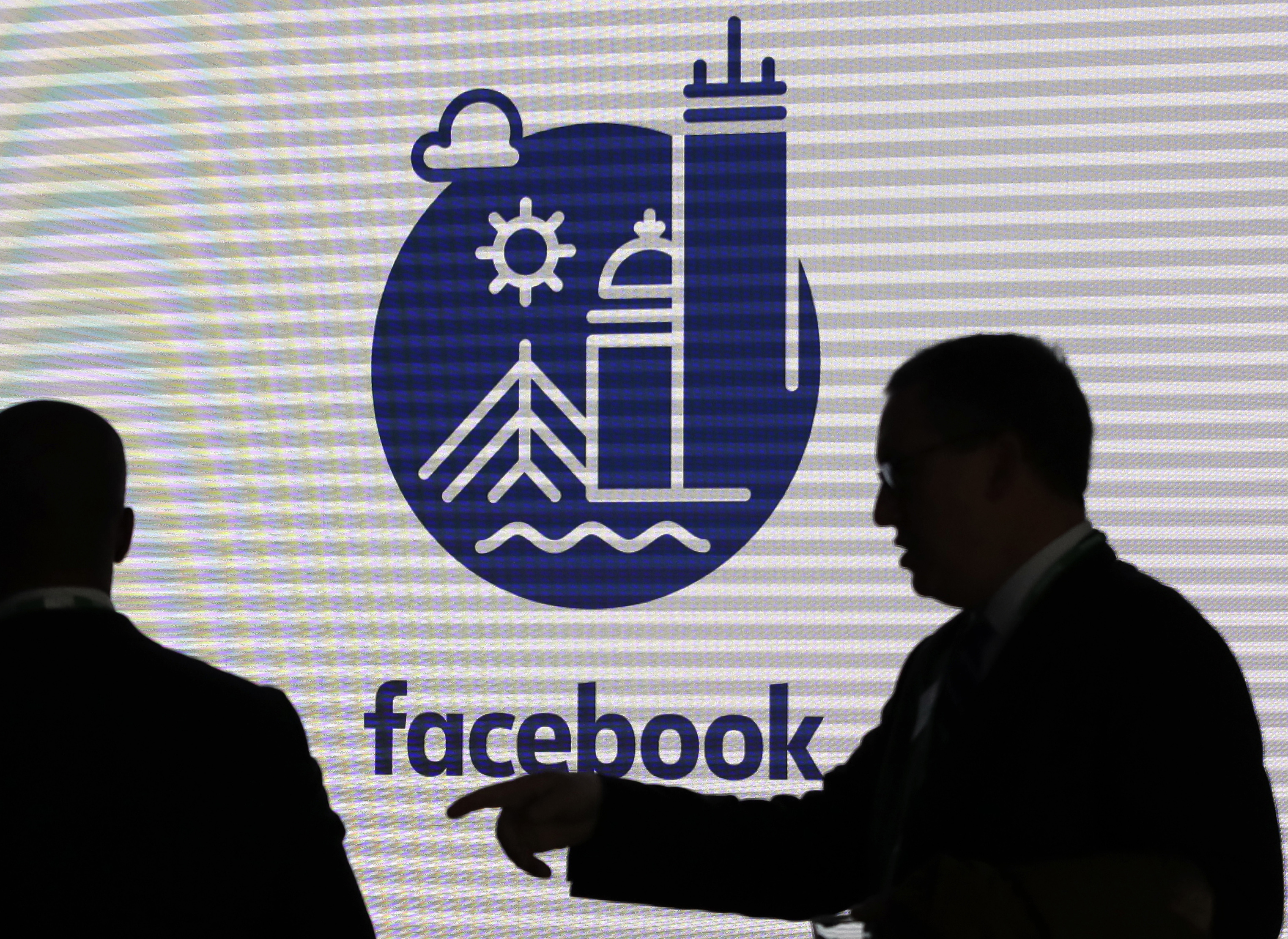Facebook will open its data up to academics to see how it impacts elections

More than 60 researchers from 30 institutions will get access to Facebook user data to study its impact on elections and democracy, and how it’s used by advertisers and publishers.
A vast trove: Facebook will let academics see which websites its users linked to from January 2017 to February 2019. Notably, that means they won’t be able to look at the platform’s impact on the US presidential election in 2016, or on the Brexit referendum in the UK in the same year.
Despite this slightly glaring omission, it’s still hard to wrap your head around the scale of the data that will be shared, given that Facebook is used by 1.6 billion people every day. That’s more people than live in all of China, the most populous country on Earth. It will be one of the largest data sets on human behavior online to ever be released.
The process: Facebook didn’t pick the researchers. They were chosen by the Social Science Research Council, a US nonprofit. Facebook has been working on this project for over a year, as it tries to balance research interests against user privacy and confidentiality.
Privacy: In a blog post, Facebook said it will use a number of statistical techniques to make sure the data set can’t be used to identify individuals. Researchers will be able to access it only via a secure portal that uses a VPN and two-factor authentication, and there will be limits on the number of queries they can each run.
The context: Facebook is keen to improve its reputation after months of scandals over data privacy, security, and its role in elections and democracy. If it opens up its data as promised, it could introduce some much-needed light into what’s often a very heated debate.
Sign up here to get your dose of the latest must-read news from the world of emerging tech in our daily newsletter The Download.
Keep Reading
Most Popular
Large language models can do jaw-dropping things. But nobody knows exactly why.
And that's a problem. Figuring it out is one of the biggest scientific puzzles of our time and a crucial step towards controlling more powerful future models.
The problem with plug-in hybrids? Their drivers.
Plug-in hybrids are often sold as a transition to EVs, but new data from Europe shows we’re still underestimating the emissions they produce.
Google DeepMind’s new generative model makes Super Mario–like games from scratch
Genie learns how to control games by watching hours and hours of video. It could help train next-gen robots too.
How scientists traced a mysterious covid case back to six toilets
When wastewater surveillance turns into a hunt for a single infected individual, the ethics get tricky.
Stay connected
Get the latest updates from
MIT Technology Review
Discover special offers, top stories, upcoming events, and more.